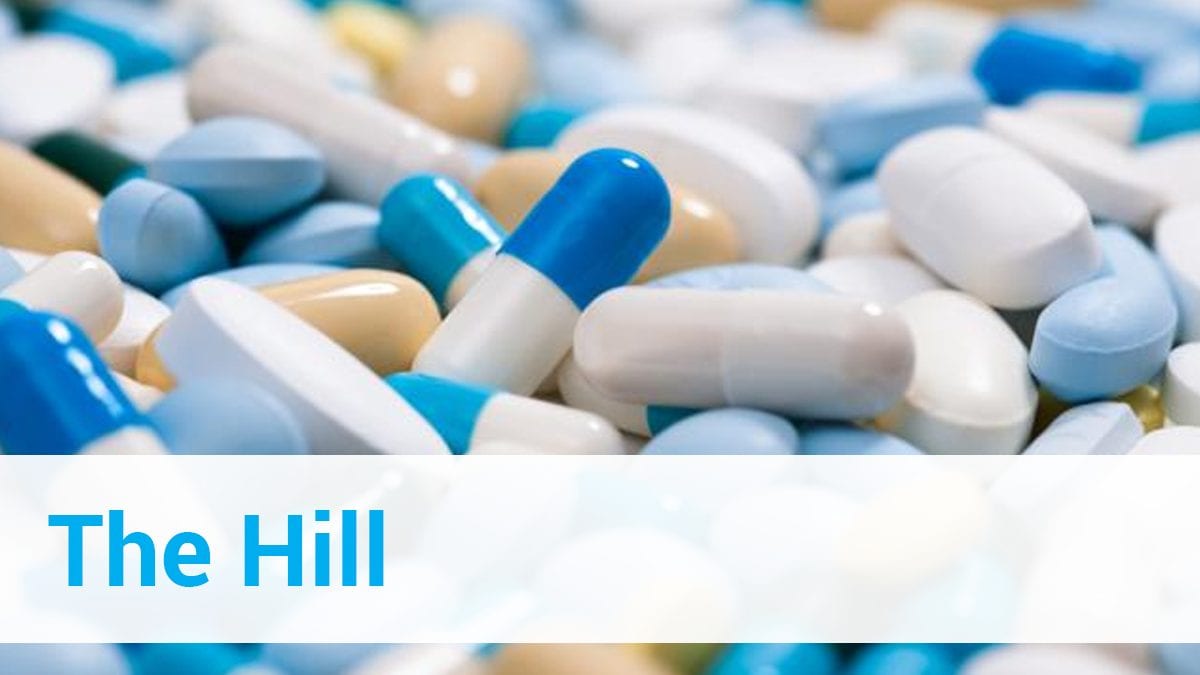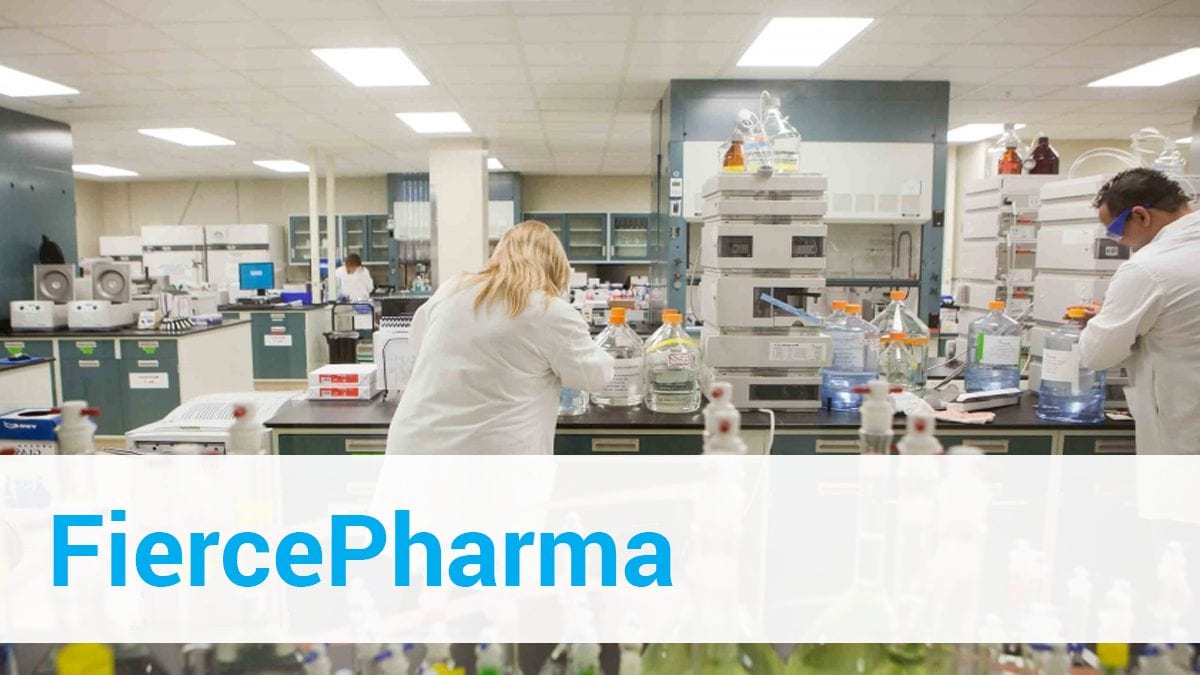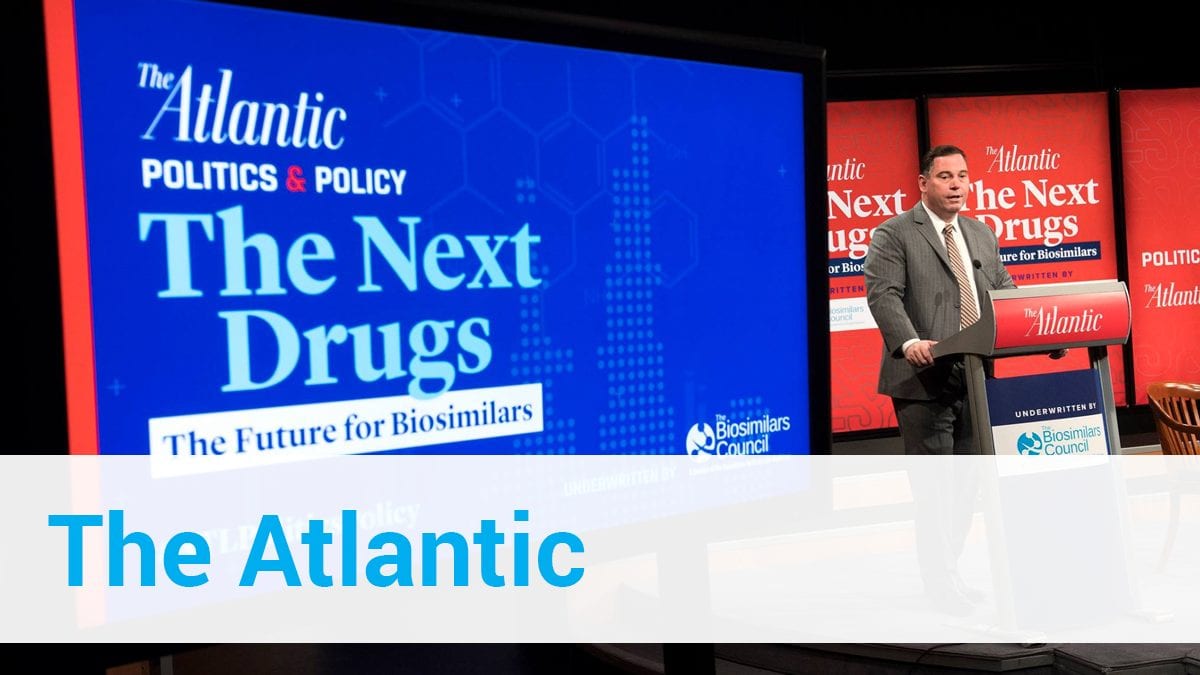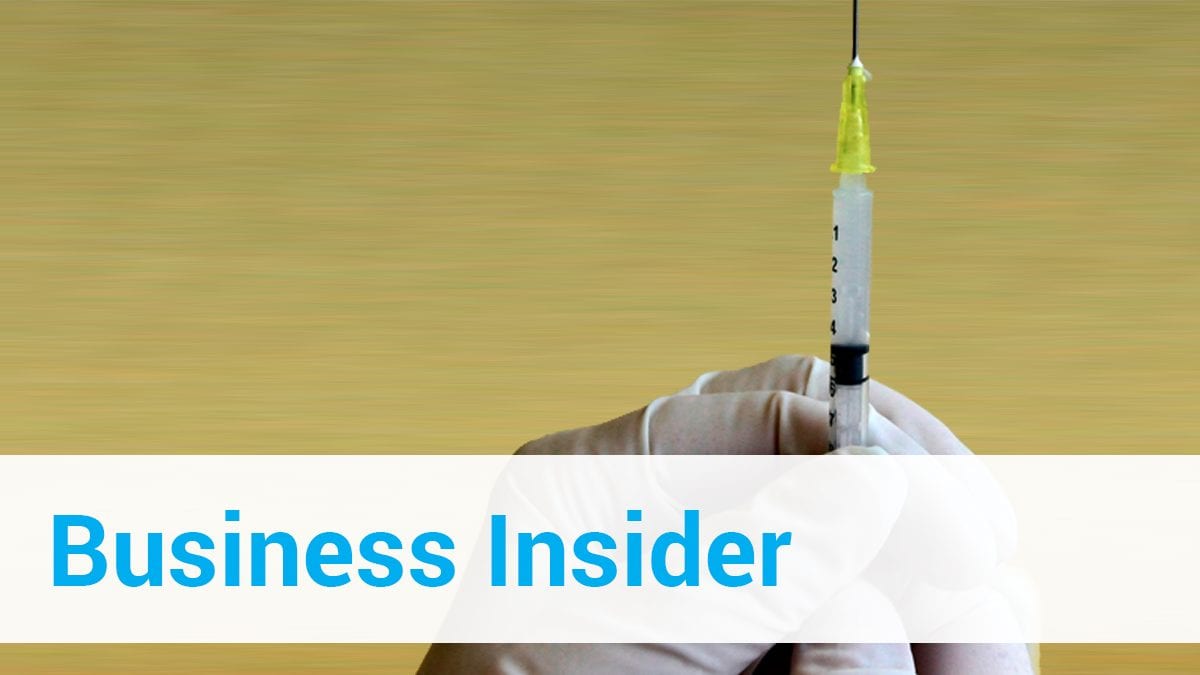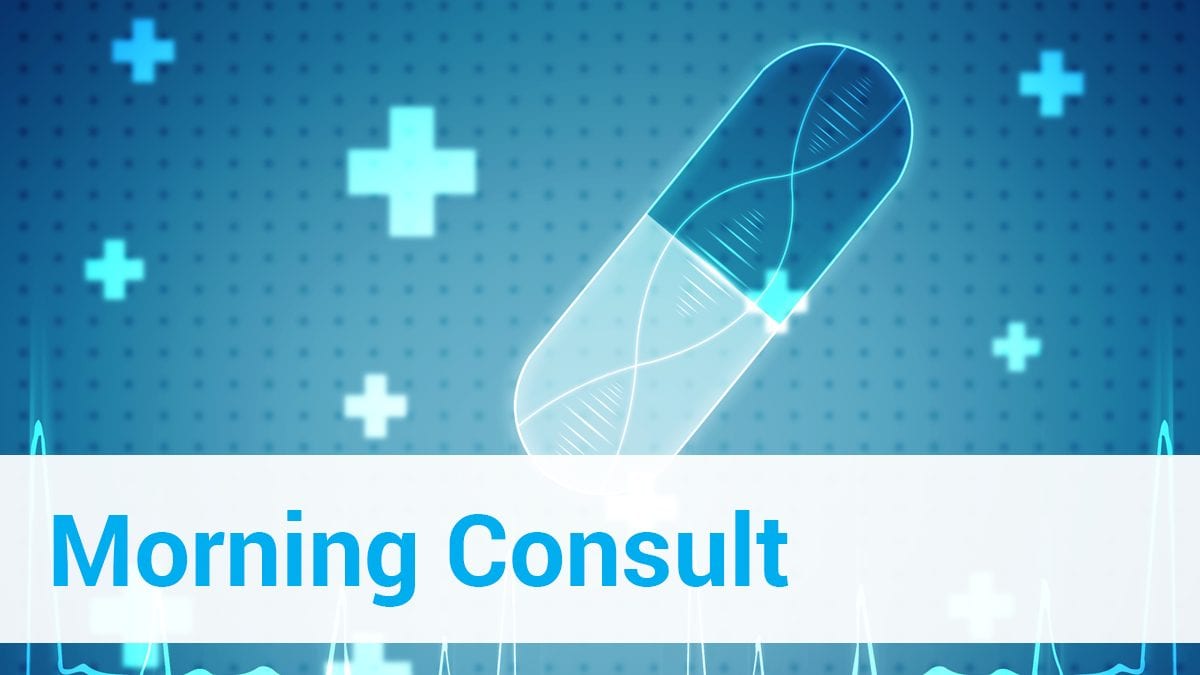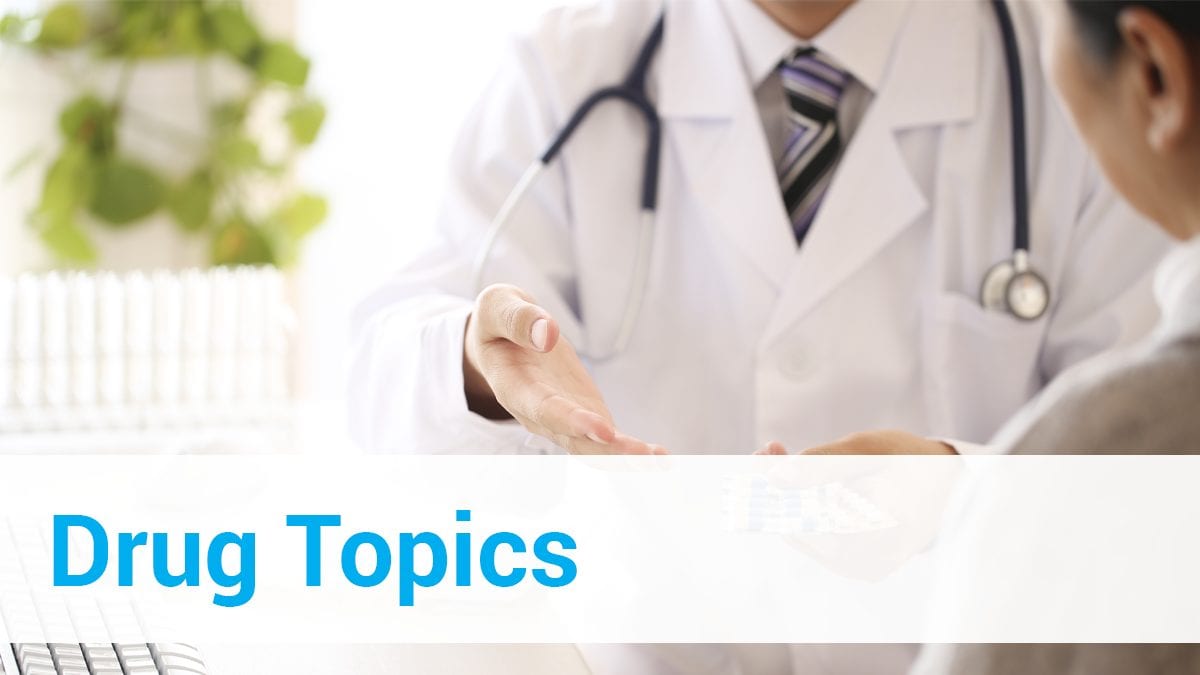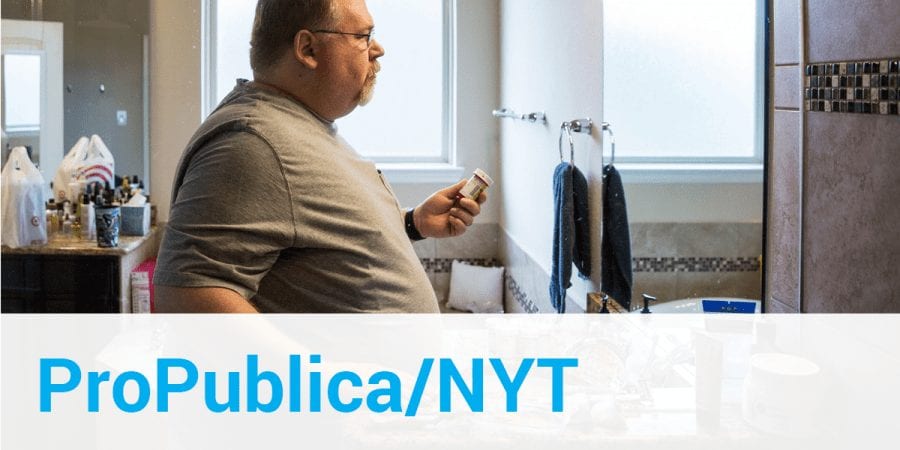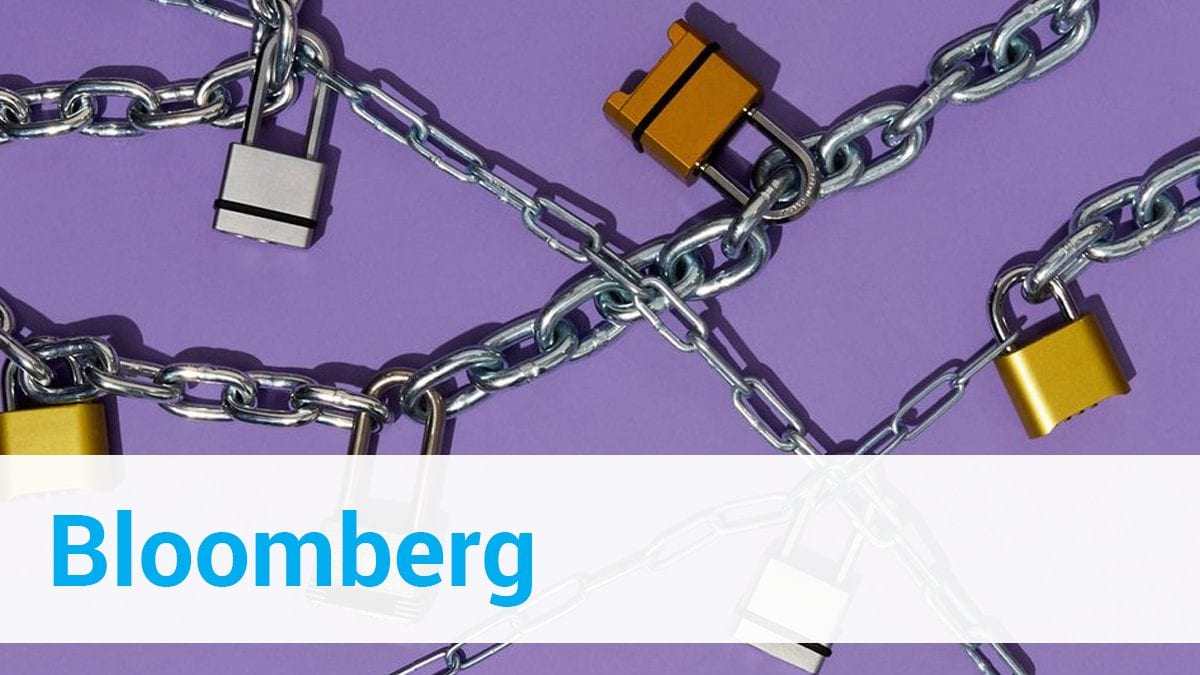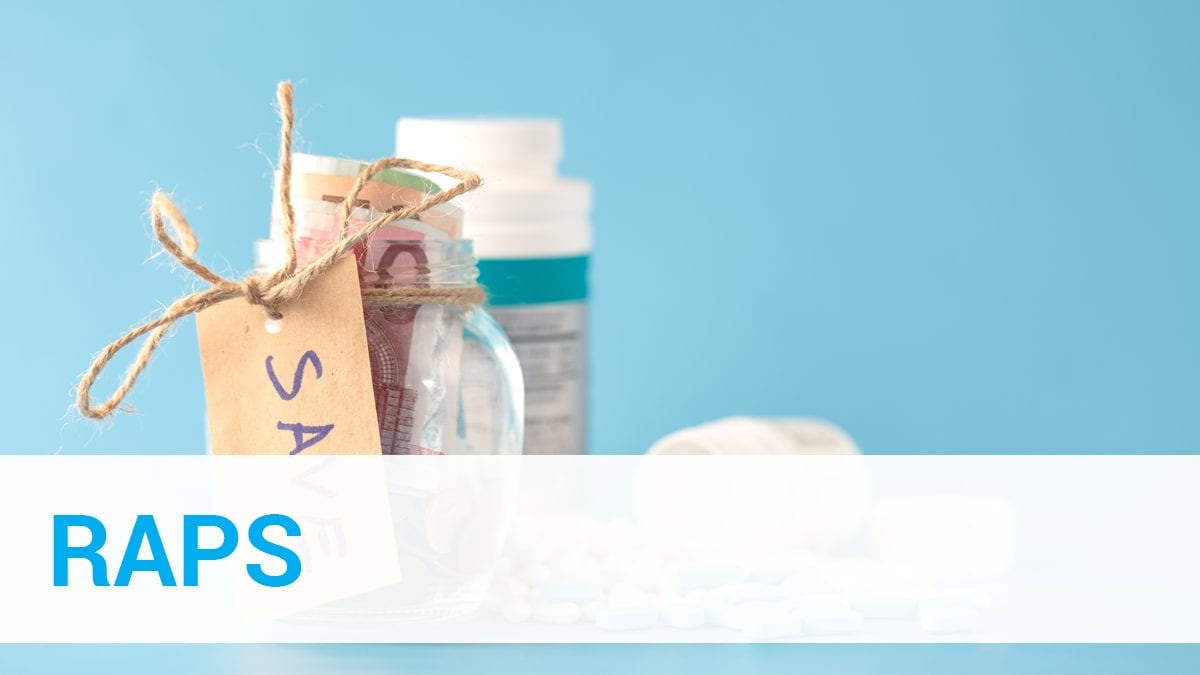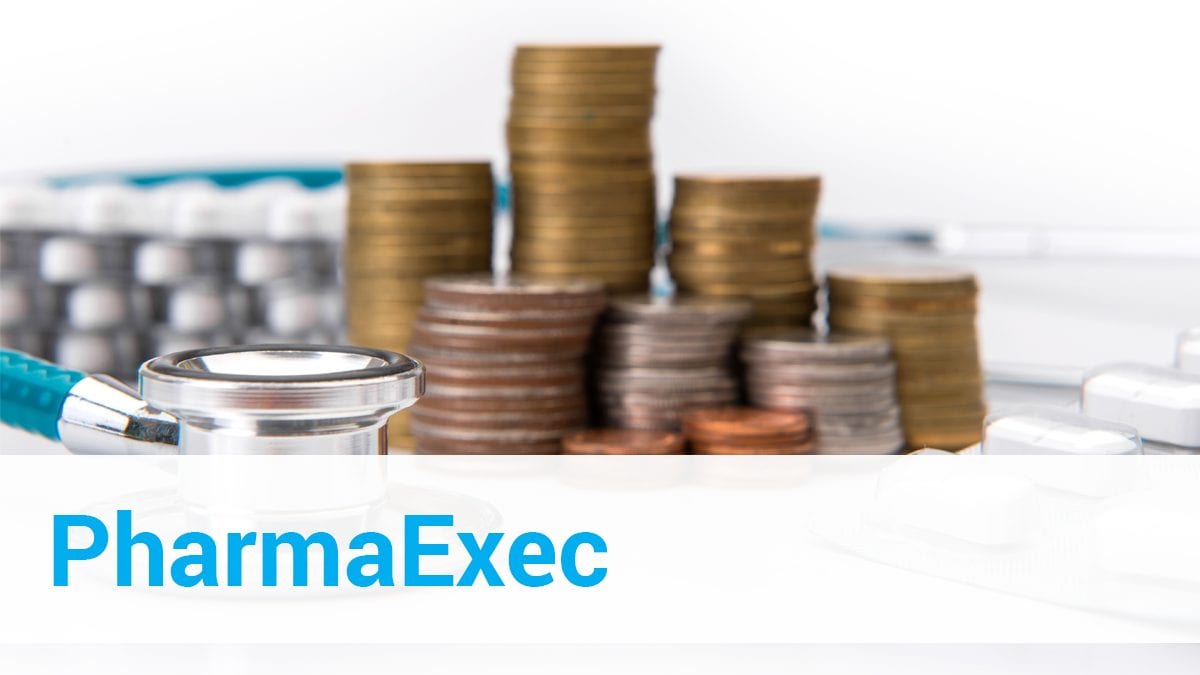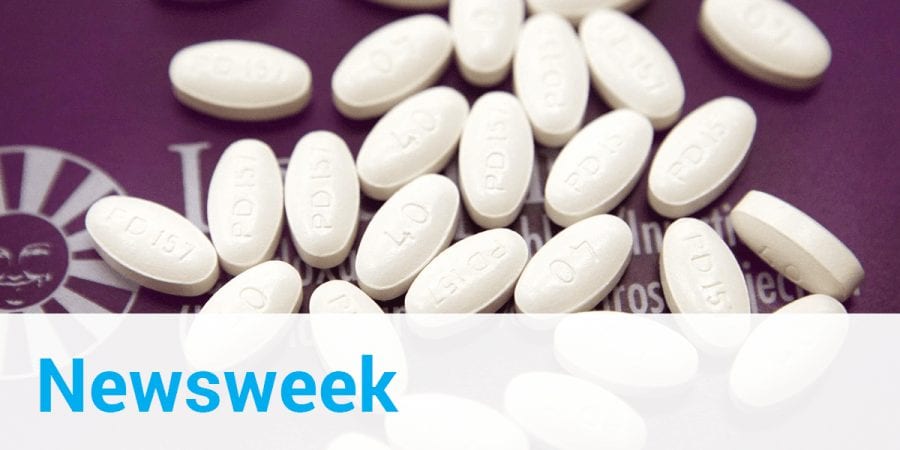For anyone following the nascent biosimilars market in the U.S., 2017 has been a busy year: the Centers for Medicare & Medicaid Services (CMS) revised its biosimilars reimbursement policy in Medicare Part B to provide each non-interchangeable biosimilar with a unique billing code and payment rate; the U.S. Supreme Court unanimously ruled to accelerate patient access to biosimilar medicines; and the World Health Organization (WHO) decided to put the International Non-Proprietary Name (INN) Biologic Qualifier (BQ) naming convention on hold.
As we close out the year, we have collected articles that highlight key issues facing biosimilars and why 2017 was a watershed year for biosimilars in the U.S.:
